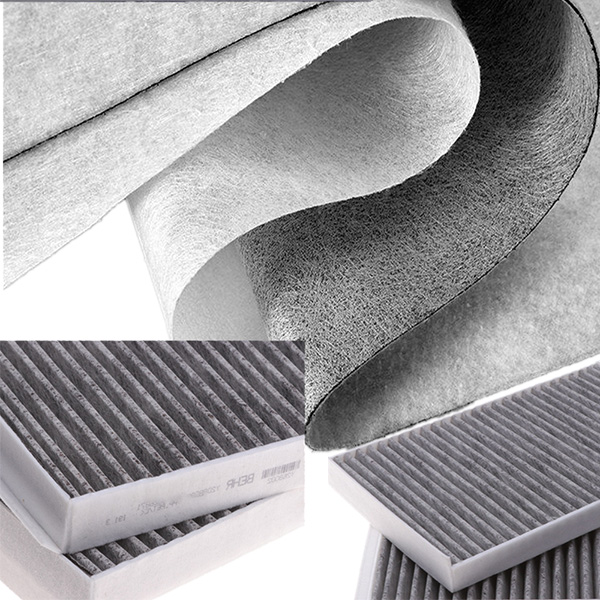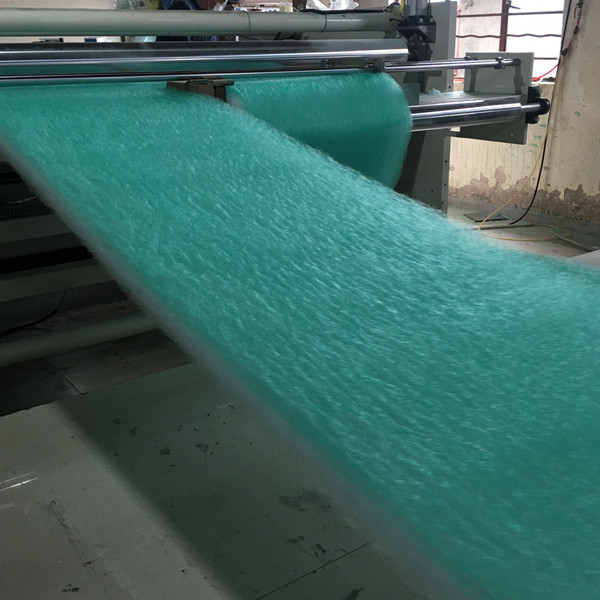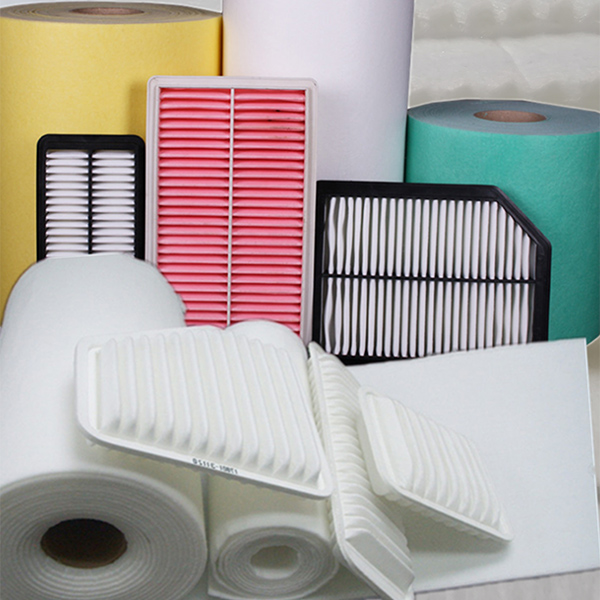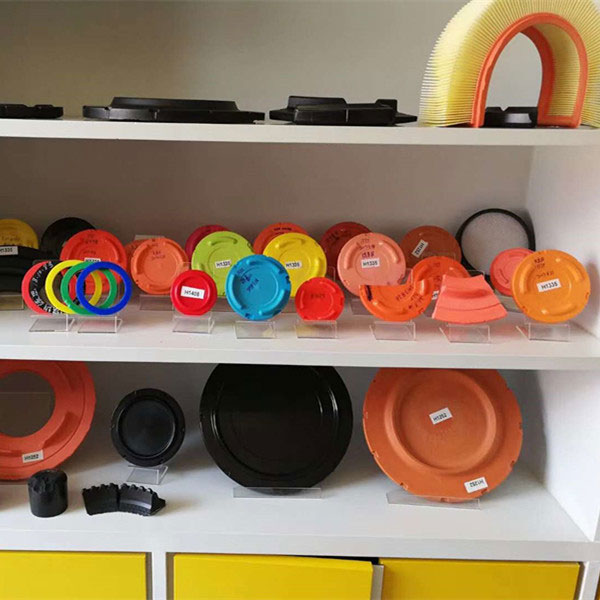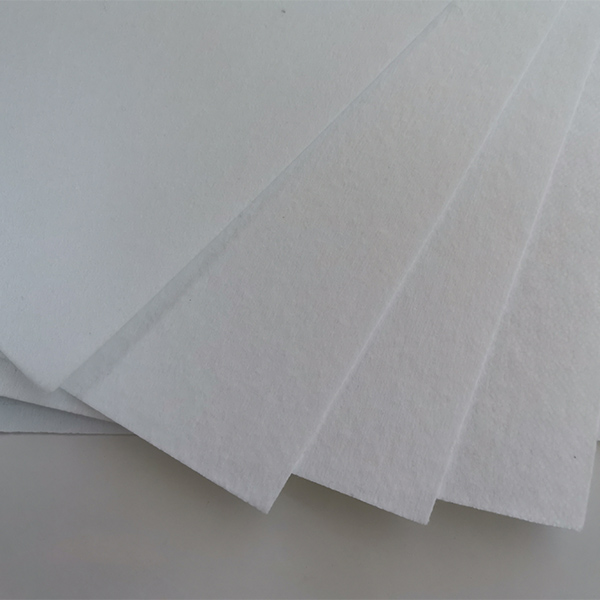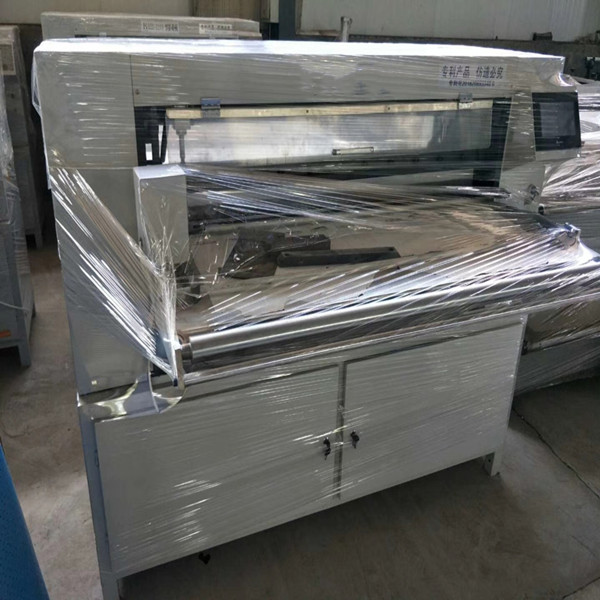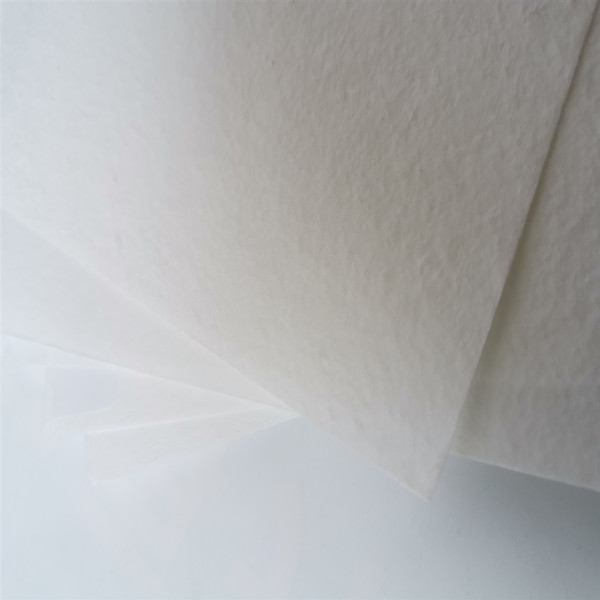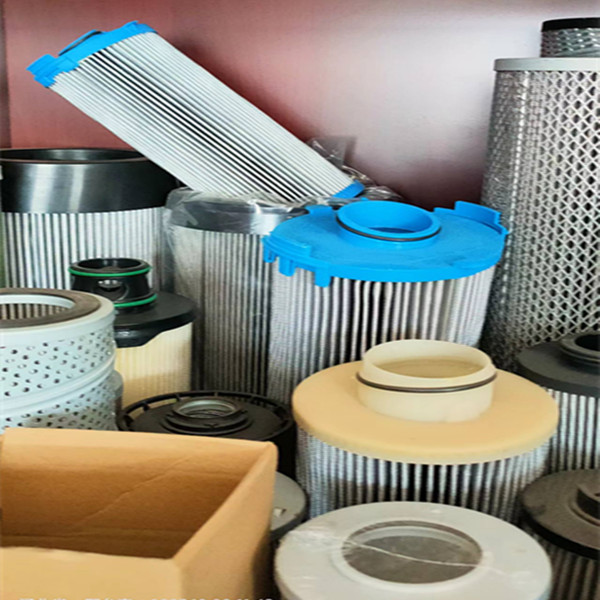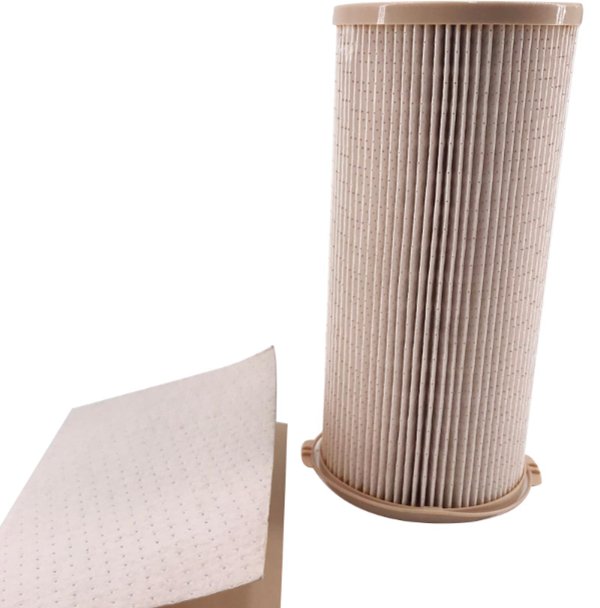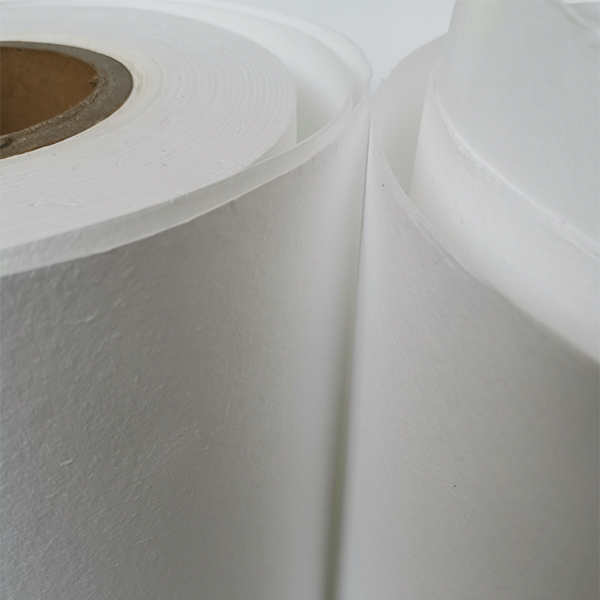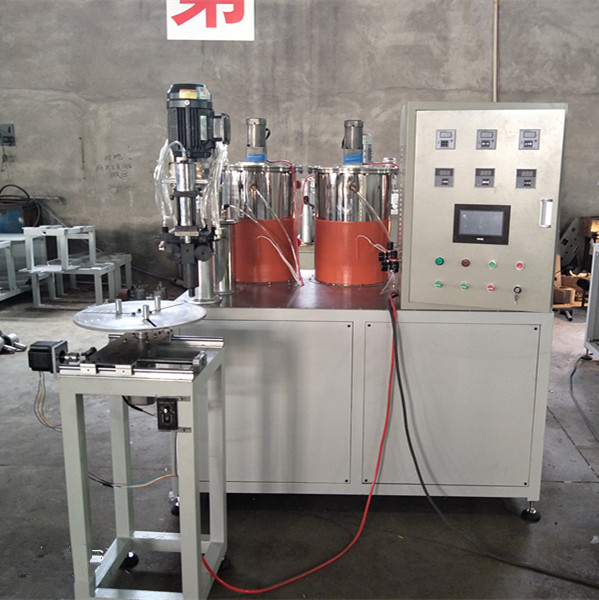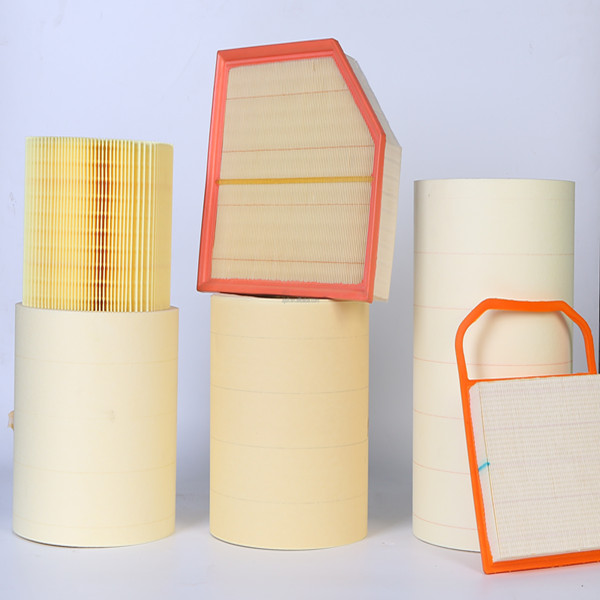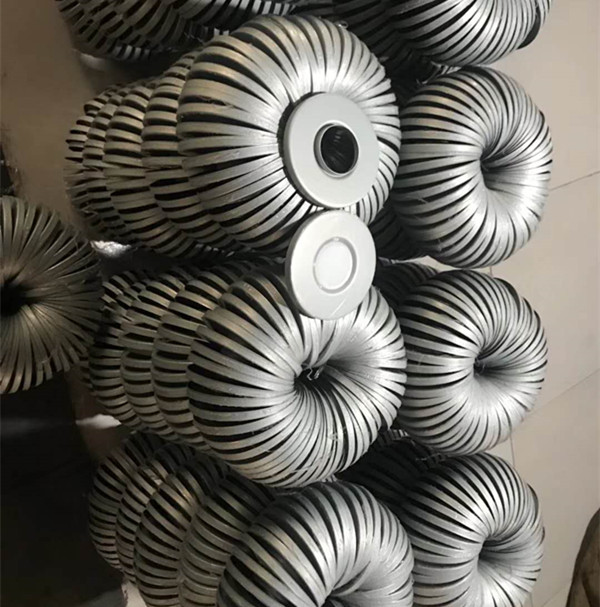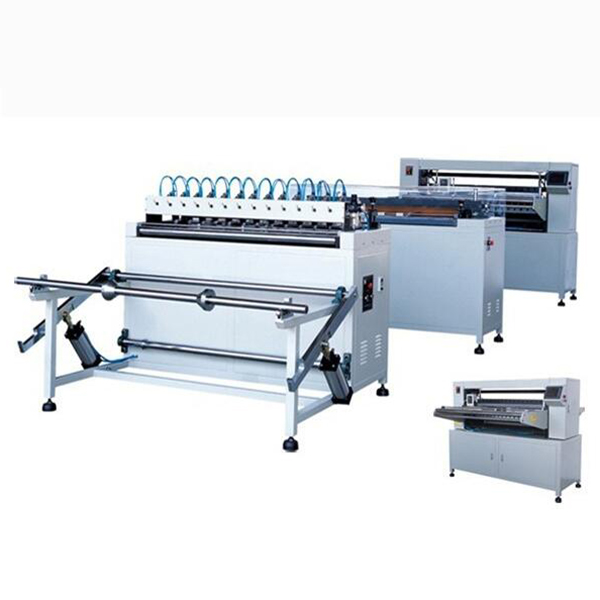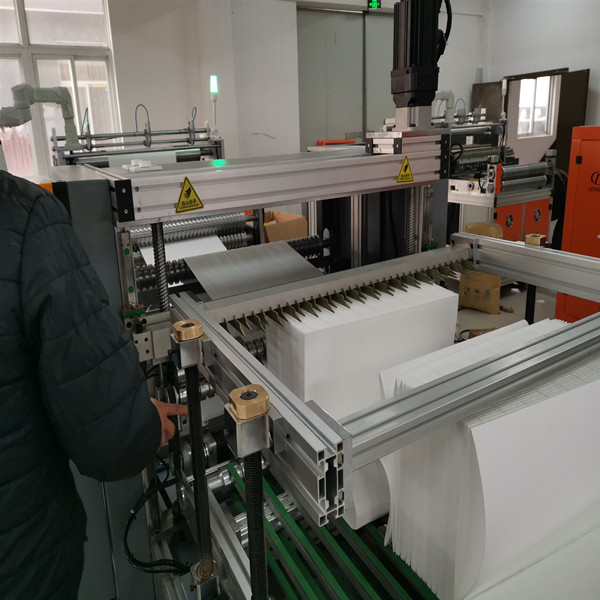Understanding the Inline Stainless Steel Mesh Filter: Why It Matters Globally
Inline stainless steel mesh filters might not grab headlines like some dazzling tech buzzwords, but they play a quietly pivotal role in industries worldwide. From safeguarding machinery to purifying essential liquids, these filters are vital in ensuring efficiency, safety, and sustainability. In an era increasingly focused on resource conservation and process optimization, grasping the importance and benefits of inline stainless steel mesh filter technology can feel like unlocking a surprisingly useful secret.
Think about it: across sectors such as pharmaceuticals, food processing, oil and gas, and even humanitarian water filtration programs, these filters keep contaminants out, equipment running smoothly, and products safe. Their durability and precision can drastically reduce downtime, waste, or health hazards — valuable in every corner of the world.
Mini takeaway: Inline stainless steel mesh filters quietly underpin many critical operations worldwide, blending durability with performance to meet growing global quality standards.The Global Context: Why Inline Stainless Steel Mesh Filters Are So Relevant Today
Globally, the demand for reliable filtration solutions is on the rise — the UN’s World Water Development Report highlights that clean water access is a key challenge affecting billions, while the ISO standards for filtration technologies tighten to improve safety and environmental impact.
Inline stainless steel mesh filters offer solutions to some pressing challenges: protecting infrastructure in remote industrial hubs, enabling safe drinking water in disaster zones, and meeting stringent regulatory requirements in food and pharmaceutical sectors. In 2023, market research suggested filtration systems are expected to grow at approximately 6.5% CAGR globally, driven by increasing water treatment demands and industrial upgrades.
And here’s a problem that often gets overlooked: filtering out microscopic contaminants without creating bottlenecks or needing constant replacement. That’s where these filters excel by design, offering a balance of strength, fine mesh capability, and longevity — a trifecta harder to find than you’d think.
Mini takeaway: The rising global need for clean, efficient filtration highlights the inline stainless steel mesh filter’s critical role in supporting infrastructure, health, and regulation worldwide.What Is an Inline Stainless Steel Mesh Filter Anyway?
Simply put, an inline stainless steel mesh filter is a device installed directly within a fluid or gas line to trap particulates and impurities using a fine stainless steel mesh. Because it’s “inline,” it integrates seamlessly into existing pipelines, allowing fluids to pass through while capturing debris.
Stainless steel mesh refers to the woven wire fabric that acts as the filtering medium — known for being corrosion-resistant, durable, and capable of withstanding high pressure and temperature variations. This makes the filter both reusable and reliable compared to one-use plastic or paper alternatives.
Industrially, these filters support everything from hydraulic fluid cleaning in manufacturing arms to water purification in refugee camps. The humanitarian link is especially compelling — providing filtered water in remote or disaster-affected areas through rugged, long-life filters can be a game changer.
Mini takeaway: Inline stainless steel mesh filters use a tough, reusable metal mesh to remove impurities while being installed directly inside pipelines, making them highly practical and sustainable.Core Features That Make Inline Stainless Steel Mesh Filters Stand Out
Durability
Stainless steel resists corrosion, heat, and physical strain, meaning these filters last longer than almost any competitor. Many engineers say that the investment pays off in less maintenance and fewer unexpected breakdowns.
Precision Filtration
The mesh sizes vary, letting users select filters down to microns to target specific contaminants. Whether it’s coarse debris or almost invisible particles, the filter adapts accordingly.
Ease of Maintenance
Unlike disposable filters, these mesh filters can often be cleaned and reused multiple times. In industrial applications, it means less waste and lower recurring costs.
Cost Efficiency
While upfront costs might be a bit higher than plastic or fabric-based filters, the lifespan and reliability keep total costs down. Considering downtime and replacements, it’s almost always the smarter choice.
Scalability & Custom Design
Because these filters can be customized to fit different pipe sizes and filtration needs, they’re adaptable from tiny medical devices to massive chemical plants.
Mini takeaway: Durability, precision, easy maintenance, and cost efficiency combine to make inline stainless steel mesh filters a practical filtering solution across industries.Where Are These Filters Used? Real-World Applications Around the Globe
- Water Treatment Plants: Municipal systems use them to protect sensitive downstream equipment and purify drinking water.
- Oil and Gas Industry: Protecting gas turbines and refining equipment from particles during extraction and processing.
- Food and Beverage Processing: Ensuring product purity while conforming to hygiene standards.
- Pharmaceutical Manufacturing: Removing contaminants in sensitive drug production lines.
- Disaster Relief Efforts: Portable filtration units for water in camps or remote relief zones.
- Industrial Machinery: Keeping hydraulic fluid clean to prevent costly equipment failures.
For example, in Southeast Asia, NGOs often rely on robust inline stainless steel mesh filters to maintain water clarity in isolated communities lacking infrastructure. Similarly, remote mining operations in South America use custom filters to extend equipment lifetime in harsh conditions.
Mini takeaway: Inline stainless steel mesh filters prove essential across diverse sectors globally, from food safety to humanitarian water efforts.What Makes Inline Stainless Steel Mesh Filters So Valuable Over Time?
Long-term benefits are not just about savings on replacement filters, though that’s a big factor. It’s also about trust — trust that machinery won’t break down at a critical moment, trust that water is safe to drink, and trust in sustainable solutions that don’t fill landfills with waste.
- Sustainability: Reusable filters mean less plastic waste, aligning with global green initiatives.
- Economic Savings: Fewer replacements and reduced downtime translate into more predictable budgets.
- Safety & Quality: Effective contaminant removal protects human health and product integrity.
- Operational Reliability: Consistent performance under variable pressures and temperatures.
In a way, investing in these filters feels like choosing patience and foresight over quick fixes. Engineers I've spoken with often call them “unsung heroes” because they quietly ensure everything else runs smoothly.
Mini takeaway: Inline stainless steel mesh filters offer a blend of economic, environmental, and operational benefits that build lasting value.Looking Ahead: What’s Next for Inline Stainless Steel Mesh Filters?
Innovation continues at an intriguing pace. We’re seeing:
- Advanced Coatings: Nanotechnology-enhanced surfaces to improve fouling resistance and filter lifespan.
- Smart Filtration: Embedded sensors that monitor filter health and signal maintenance needs in real-time.
- Eco-friendly Manufacturing: Increasingly using recycled metals and greener processes.
- Integration with Industry 4.0: Filters that communicate with central automation systems to optimize performance.
All these point toward smarter, more sustainable filtration solutions, syncing well with global trends on digital transformation and environmental responsibility.
Mini takeaway: The future of inline stainless steel mesh filters lies in smart tech, eco-conscious design, and integration into connected industrial systems.Challenges to Know and How Experts Address Them
Not everything is perfect. Challenges include:
- Clogging and Fouling: Over time, particles can block fine meshes, reducing flow and requiring cleaning.
- Initial Setup Costs: Higher capital needs may deter smaller operations.
- Compatibility: Not all mesh sizes fit every application or fluid type easily.
Innovations like self-cleaning mechanisms, modular designs for easier swapping, and flexible custom orders help mitigate these issues. Many vendors also provide expert consulting to optimize filter selection and maintenance schedules.
Mini takeaway: While some challenges exist, ongoing innovation and expert support make inline stainless steel mesh filters a reliable choice.Inline Stainless Steel Mesh Filter: Quick FAQs
- How do I know which mesh size is right for my application?
- Choose mesh size based on the particle size you want to filter out. Vendors often provide charts correlating mesh size with common contaminants. Consulting an expert helps fine-tune this.
- Can the filter be cleaned on-site without special tools?
- Yes, many inline stainless steel mesh filters are designed for easy cleaning using backflushing or manual removal, often requiring minimal tools and downtime.
- Are these filters suitable for both liquids and gases?
- Absolutely. Their design allows filtration of particles in both liquid and gas flows, though specifications may differ based on the medium.
- What is the typical lifespan of an inline stainless steel mesh filter?
- With proper maintenance, these filters can last several years—far exceeding disposable alternatives and offering excellent return on investment.
- How do inline stainless steel mesh filters contribute to sustainability?
- By being reusable, reducing waste, and often made from recyclable materials, these filters support environmental goals while maintaining operational efficiency.
Product Specification Snapshot
| Feature | Specification | Detail |
|---|---|---|
| Material | 304 or 316 Stainless Steel | Corrosion-resistant, durable |
| Mesh Range | 10 - 400 microns | Customizable for application needs |
| Max Operating Temp | 300°C (572°F) | Suitable for high-temp processes |
| Pressure Rating | Up to 10 Bar (145 psi) | Supports industrial pipeline pressures |
| Cleaning Method | Backflushing / Manual | Enables easy maintenance |
Comparing Top Vendors of Inline Stainless Steel Mesh Filters
| Vendor | Specialization | Price Range | Customization | Lead Time |
|---|---|---|---|---|
| AquaFlow Filters | Water treatment & industrial | $$$ | High | 4-6 weeks |
| MeshTech Solutions | Oil & gas specialty | $$ | Medium | 3-5 weeks |
| FilterPrime Inc. | Medical & pharmaceutical | $$$$ | Very High | 6-8 weeks |
Wrapping Up: Why Choose Inline Stainless Steel Mesh Filters?
In the grand scheme, an inline stainless steel mesh filter might sound like a small piece of a bigger puzzle — but as anyone maintaining industrial or humanitarian systems knows, the details often decide success. Their robust build, reusable nature, precision filtration, and adaptability give industries and communities a tool that’s more than just functional — it’s a strategic asset.
If you’re looking to upgrade your filtration systems or seeking dependable solutions for challenging environments, don’t overlook the inline stainless steel mesh filter. There’s a reason it stands the test of time worldwide.
Ready to explore your options? Visit https://www.anyafiltermedia.com for in-depth specs, custom solutions, and expert advice.
References
Post time: Nov-23-2025

